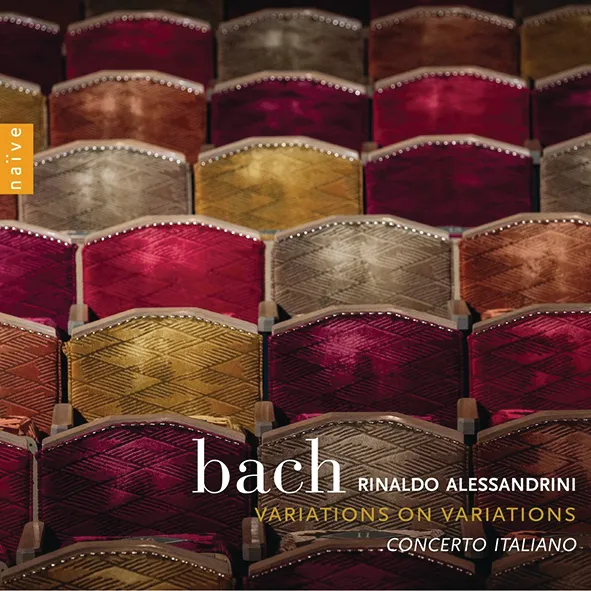
JS Bach: Variations on Variations Passacaglia in D minor, BWV 582; Aria Variata alla Maniera Italiana in G minor; Canzone in D minor, Goldberg Variations Concerto Italiano/Rinaldo Alessandrini (harpsichord) Naïve OP30575
Concerto Italiano’s latest ‘musical offering’ taps into a long tradition (from Mozart to Webern) of Bach arrangements: here, sundry variations originally for keyboard instruments are dressed up for a chamber ensemble of strings and harpsichord. The plangent string sound suits the melancholy Passacaglia BWV 582 – as does its transposition to D minor, the hues of which were regarded as ‘serious and pious’ by Bach’s contemporaries. The varied instrumental timbres highlight the ‘ingeniously intertwined’ contrapuntal threads that so amazed Schumann a generation later. Concerto Italiano’s robust accents stress the Passacaglia’s dance origins – despite one or two slightly unsettling fluctuations in tempo. The Aria Variata BWV 989 is cranked down from the original key of A to G minor, and its bravura, Italianate style transfers well to solo violin – deftly played by Nicholas Robinson, with lithe continuo support.
- Find out more about JS Bach and his works
- Bach's best keyboard works
The disc’s warhorse, though, is the arrangement of the Goldberg Variations, which not only paints the work in fresh colours but also throws up more radical changes. Alessandrini has added parts to some of the variations, and – though hardly Stokowski – the results can sound over-blown. Somewhat problematic, too, are those idiomatic figurations that sit naturally on the keyboard but are ungainly on strings: the fiddly ornaments of Variation 14, and the rapid, sinuous passagework of Variations 20 and 26 suffer particularly. More successful are the canons, to which the ensemble’s spikey articulation adds bite and clarity. The end results may not always be entirely convincing, but it’s an interesting project which allows us to hear Bach’s protean music in new guises.
Kate Bolton‐Porciatti